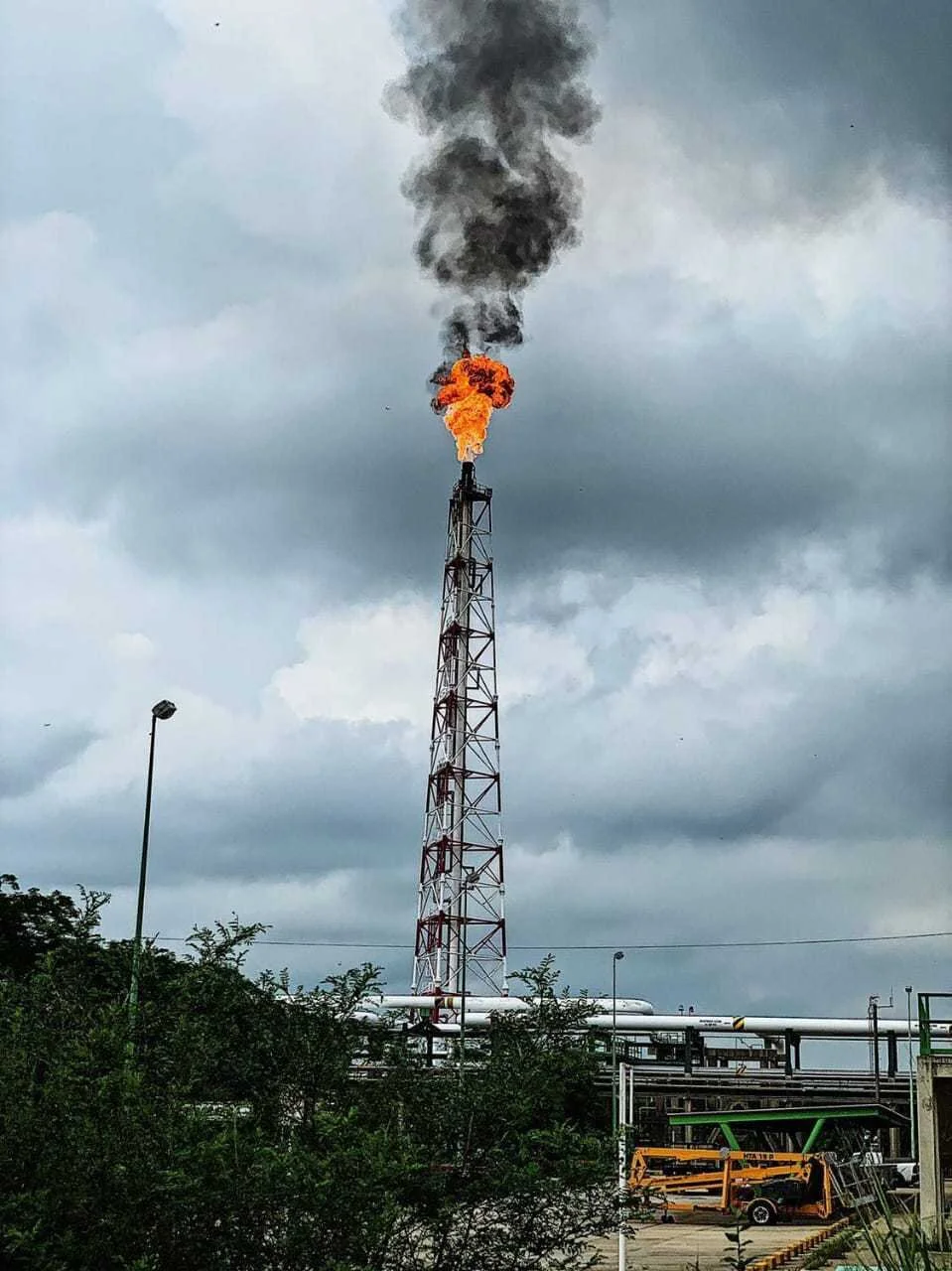Warriors and No Homage for Home
I found myself rummaging through my drawers last night to find my fathers’ letter in which he recounts his immigration journey to the US. I had discovered a while ago after his passing, tucked away in his files and kept it with me ever since. I re-read it every once in a while, occasionally tracing over his handwriting with my finger convincing myself I have the ability to channel the inner thoughts and emotions he had as he wrote it.
Excerpts from Baba’s Letter
“From Sudan to the Kingdom of Saudi Arabia then finally the US. I left each place based on the premise of building a better life for my family and I. Looking for financial stability, education, and a safe environment. I believed it was going to be a very hard experiment in my life, with the new culture and language but I believed it was worth it. So I decided to venture to this new land with no guarantees of anything.
“It was very difficult to make this change in our lifestyle and adapt ourselves along with the American lifestyle, culture and social life. I persevered through the difficulties and obstacles we faced”
“I asked myself ‘did my sacrifice to come to the US make my family’s life better? Was it worth it?’ Looking back almost 17 years later since coming to the US, all of my kids have or will enter into college and begin their careers, their lives. The chances I took to better them eventually paid off. If I never left, I and my kids would have never been able to reap the benefits of being in the US. All of this was possible because we took a chance…”
I’m convinced that immigrant parents are actually warriors. It takes a warrior to uproot yourself and your family from home to a faraway place with nothing other than some hope and good faith to hold on to. It takes a warrior to leave with no roadmap. It takes a warrior to bargain the only life you know for a new one without any preview of what this new life would entail.
In the letter, Baba recalls life in Sudan. He was born in 1959, only three years after Sudan’s independence from British-Egyptian rule. He could still feel the lingering remnants of colonialism throughout his childhood and adult life. Though Sudan experienced “Golden Ages”, what I and every other Sudanese son or daughter my generation has memorized the details of, these periods were short-lived. Sudan was and still is a nation grappling with ethnic divisions, identity clashes, economic disparities, greed and the influence of evil military dictators who’ve masked behind religion for decades to maintain power.
Baba lived nearly 30 years in exile. Half of his life away from home. He left home with that bit of hope and good faith.
I let that sit in… 30 years away from home. I wonder of those 30 years, how much time was spent in a state of nostalgia… in a state of homesickness… in a state of guilt and confusion about leaving your motherland… in a state of subconsciously calculating a cost-benefit analysis of your sacrifices and gains to seek conviction for your decision to leave.
It takes a lot to leave home especially if you leave with an acceptance of possibly never returning. You leave home because home has starved you of your basic human rights and freedoms. Because home is unsafe. Because home has not given you the tools needed to prosper and flourish economically or at the very least establish a decent living. Because home has little hope for change. Because home feels rigged and the possibility of eradicating its turbulent past to establish a free and just state seems like a dream.
I crave evening talks over tea about our people’s liberation and wonder if and when we will witness it during our lifetime.
I always wanted to know if Baba thought his 30-year journey was worth it. I’m glad he left behind this letter to let me know it was. Baba was a warrior like all the other parents who’ve immigrated.
I could stop writing here but the internal conflict within me does not allow my thoughts to stop.
Baba with no discredit to his warrior spirit traded one oppressive system for another.
I am expected to show gratitude to a nation deeply plagued in its ever-present sentiments of anti-Blackness, xenophobia, on-going militarization built on the expulsion of indigenous peoples on indigenous land. To insinuate criticism as an immigrant is to make myself a target to be called “unpatriotic” or “unappreciative”.
I pledge no tribute to a nation that does not see me as human or deserving of life. A nation that has built and curated systems for my demise.
I pay no homage to a nation that has played an integral role in my displacement or the displacement others through its carving of arbitrary borders, its propping up of vile regimes, its direct military involvement, or its discreet sales of arms used for war.
I pay no homage to the governments of either home only to my warrior parents and evening talks of liberation.




